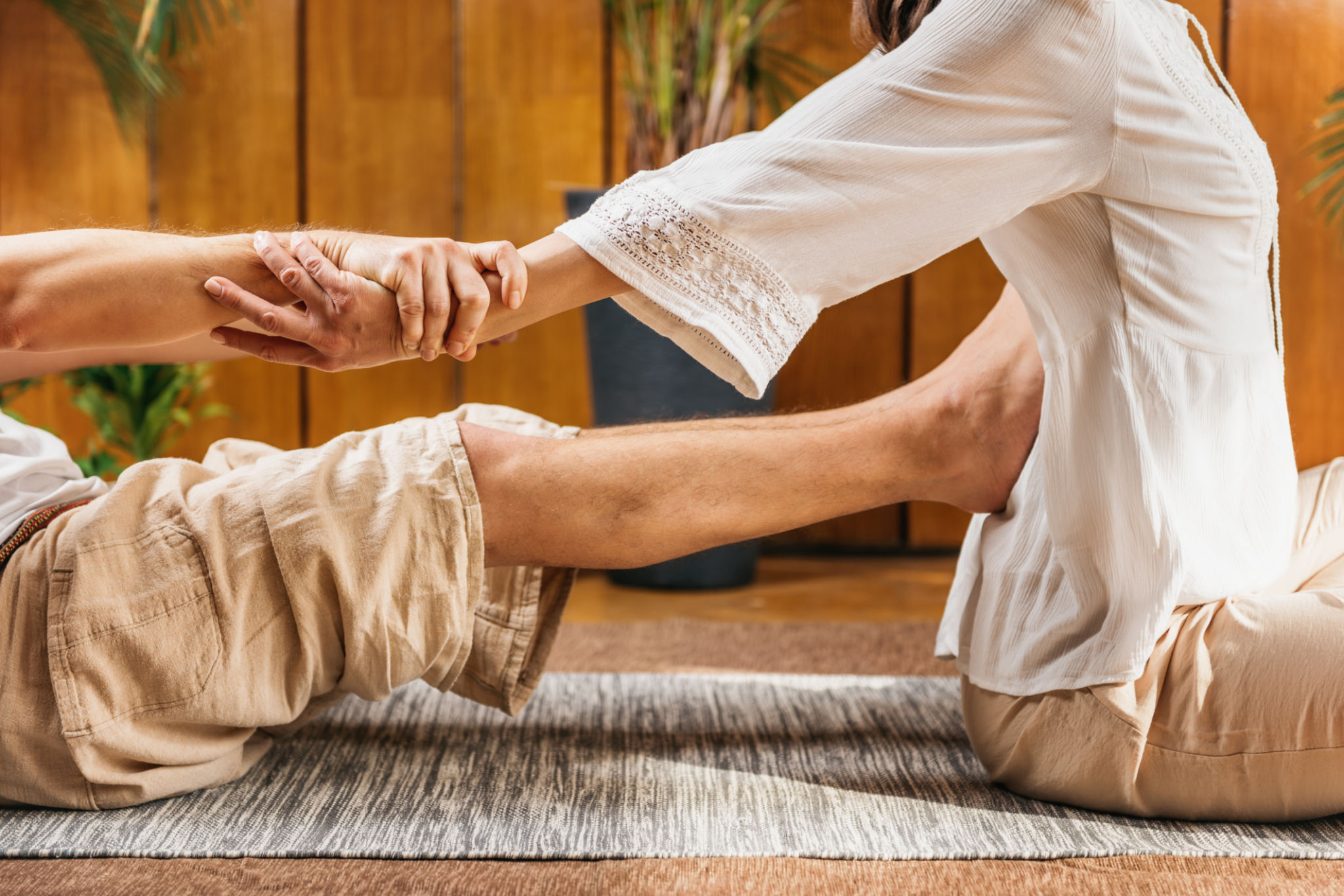Preparing for a Thai Massage: Tips for First-Time Clients
⚠️ Cet article est actuellement disponible en anglais seulement. Une version française sera bientôt ajoutée. Merci de votre compréhension!
Understanding Thai Massage
Thai massage is a unique and holistic approach to relaxation and healing. Unlike the more common Swedish or deep tissue massages, Thai massage incorporates yoga-like stretching, acupressure, and energy line work. It's a full-body experience that not only targets muscles but also aims to improve flexibility and balance energy levels.
For first-time clients, the experience might be different from what they are accustomed to, so it's beneficial to prepare yourself mentally and physically for the session. Here, we provide some tips to ensure you have a relaxing and rewarding Thai massage experience.

What to Wear
One of the key aspects of preparing for a Thai massage is choosing the right attire. It's important to wear loose-fitting, comfortable clothing that allows for easy movement. Thai massage involves a lot of stretching and movement, so restrictive clothing can hinder the process. Many spas provide clothing, but it's always good to check in advance.
Why Clothing Matters
Unlike other types of massage where you might undress down to your undergarments, Thai massage is traditionally performed fully clothed. This is because practitioners use their hands, elbows, knees, and feet to apply pressure and assist with stretches. Wearing appropriate clothing ensures you remain comfortable throughout the session.

Hydration and Nutrition
Staying hydrated before and after your Thai massage is crucial. Drinking water helps to flush out toxins that may be released during the massage. It also aids in preventing any soreness that might occur after the session. Aim to drink plenty of water before arriving at your appointment.
Eating Before Your Session
While it’s important to nourish your body, try to avoid heavy meals right before your massage. A light snack or meal is recommended at least an hour before your session. This way, you’ll be comfortable without feeling too full or bloated during your massage.

Communicating with Your Therapist
Communication with your therapist is key to having a successful Thai massage experience. Before the session begins, discuss any areas of tension or discomfort you may have. Let them know if you have any injuries or medical conditions that need special attention.
Providing Feedback
During the massage, feel free to provide feedback to your therapist about pressure levels. Thai massage can be intense, and everyone's pain threshold is different. Speaking up can enhance your experience and ensure that you feel relaxed and rejuvenated by the end of the session.

Post-Massage Care
After your Thai massage, take some time to relax and enjoy the aftereffects. Your body might feel a little tender or sore, which is normal as your muscles have been stretched and manipulated. Continue to stay hydrated and consider taking a warm bath later in the day to soothe any lingering soreness.
Rest and Relaxation
Your body has undergone significant movement and energy work, so it's essential to allow yourself some downtime. Listen to your body and avoid strenuous activities immediately after your session. This will help maintain the benefits of the massage for longer.
By following these tips, you can ensure that your first Thai massage experience is both enjoyable and beneficial. Embrace the unique aspects of this ancient practice and allow yourself to fully relax into the healing journey it offers.
